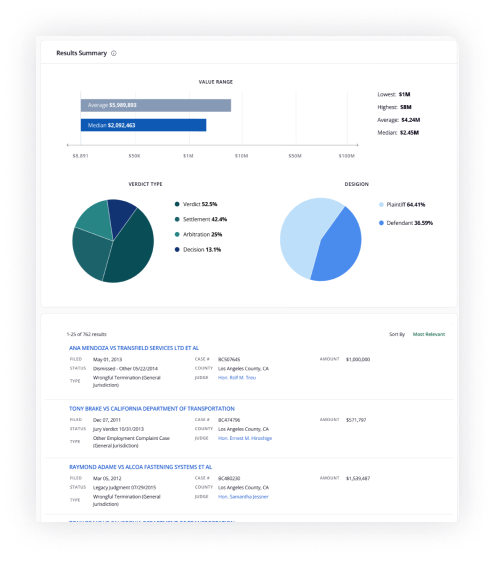Your recipients will receive an email with this envelope shortly and will be able to access it on trellis. You can always see your envelopes by clicking the Inbox on the top right hand corner.
Preview
FILED
DALLAS COUNTY
1/14/2020 2:51 PM
FELICIA PITRE
DISTRICT CLERK
…



